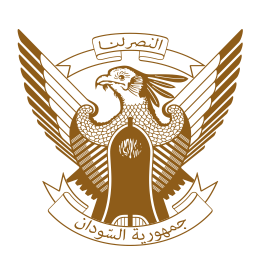The Economy
Sudan is an important agricultural producer, 1/3 of its GDP comes from agriculture, which employs half of the country's workforce. This vocation is a common point with Brazil – whose agribusiness is and indispensable power for the national economy.
Brazil is an important supplier to Sudan, especially of agricultural machinery. Last year, this export volume reached the figure of US$ 26.8 million (2019, data from the Arab-Brazilian Chamber of Commerce). Bilateral relations are solid.
Also when it comes to agribusiness, Brazil can collaborate a lot with Sudan in the export of vaccines and medicines for animals; agricultural equipment; technology for monitoring crops and creations, in addition to ceramics, paper, cellulose and cosmetics.
Obviously, there are still many other opportunities that can – and should – be analyzed by Brazil. Are they:
• Agro-industrial complexes: production and processing of agricultural products, such as grain milling and food production;
• Animal breeding, forage production, meat processing centers;
• Agricultural services: contracting machines and field operators;
• Storage: grain silos, cold rooms, dry warehouses;
• Renewable energy;
• Manufacturing fertilizers, pesticides and agricultural machinery;
• Seed production;
• Financial services;
• Marketing services;
• Consulting services.
At the other end, Sudan is the world's largest exporter of gum arabic. It is a resin, extracted from acacia, which, when processed, is used as an emulsifier. It is used in the composition of soft drinks, in addition to chocolates and pills, because it prevents sugar from crystallizing. Other highlights are oil, cotton, sesame and gold exports.
Sudan, as it turned out, is rebuilding itself. It has many challenges ahead, including continuing to work to achieve political stability and resolution of internal conflicts; working for economic stability to ensure full reintegration into the global economy - overcoming a legacy of sanctions and isolation; reduce external debt; promote bilateral trade agreements with accession to the World Trade Organization; strengthen institutions, infrastructure and governance capacity.
Overcoming these challenges, Sudan's wealth – especially agriculture, with fertile soils and good water supply – can elevate it from the statistic of one of the poorest countries in Africa to a hub for the continent. Remembering the slogans that mobilized the Sudanese population towards democracy, what makes a country great is freedom, peace and justice.



